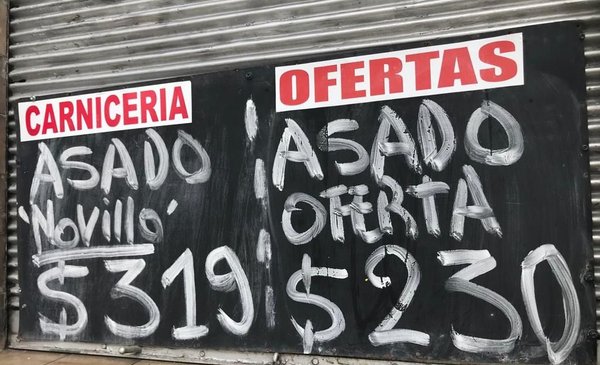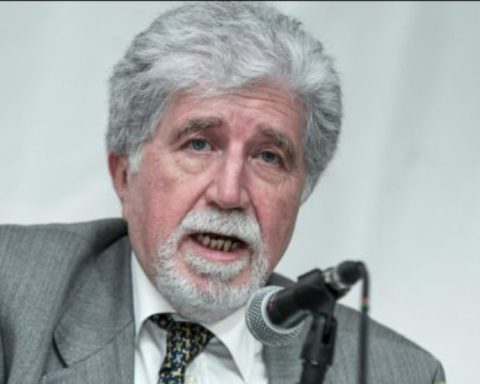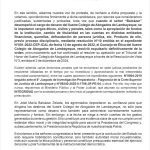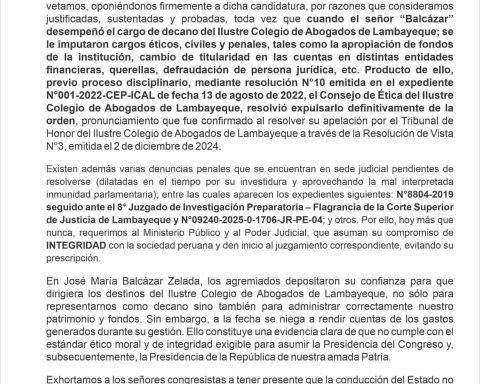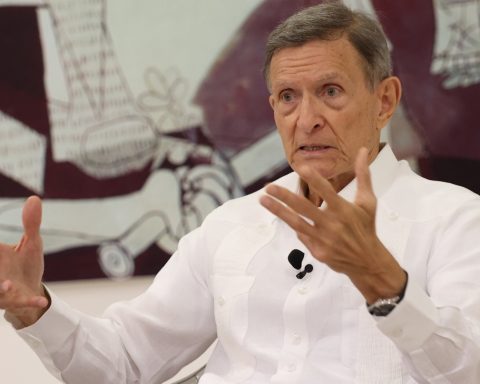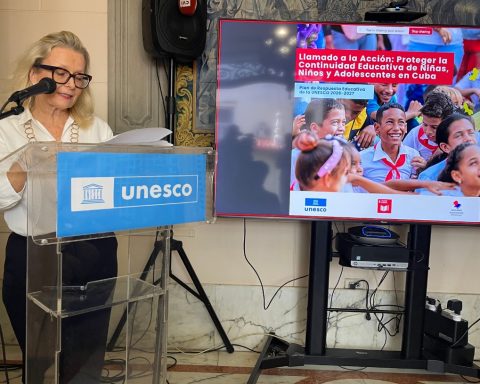Since the government decided to exonerate VAT on roast meat for a month, sales have been 50% above normal demand for the last week of the month and at this time of the year, informed the president of the National Meat Institute (INAC), Conrado Ferber, who maintained that the balance, after the measurement, is positive.
As indicated, from the Union of Meat Vendors (UCV) and the Association of Meat Distributors and Importers of Uruguay (Adicu) they have transmitted to INAC that the roast at $230 a kilo has been welcomed by consumers, sales have flown and that the sale of other cuts has been “improved”.
The drop in price “has brought the public back to the points of sale” and has made it easier for the demand for other cuts to remain stable, it was indicated.
“Everyone resigned profits so that people can access this popular cut: the government stopped charging VAT, the industry voluntarily resigned to adjust the ironed price of all bone-in cuts, the distributors who hardly marginalize anything and even in some cases they lose with this cut and, finally, the butchers, who earn less than usual, seeking to recover customers,” said Ferber.
The inside roast
While in the capital and the metropolitan area the supply and sale of barbecue are fluid, butchers from the interior complained to the UCV because the cut of roast that allows it to be marketed at $230 per kilo has not yet reached some locations, reported this Tuesday The Observer. Ferber, consulted about this, assured that the asado without VAT “must reach everywheresince the exoneration is for the entire barbecue and for the entire country”.
Removing VAT from the roast has made consumers buy and ask for other cuts.
The president of INAC urged merchants to talk to their suppliers and ask for the cut without VAT, and said: “Eventually we recommend that, if you do not reach an agreement and if possible, turn to another supplier.”
Although the agreement between the Executive Branch and the chain’s actors was that the asado “should reach all Uruguayans equally”he indicated, it is a voluntary agreement and each merchant can make the decision they prefer.
“The butcher will evaluate the attitude of his supplier in the same way that the consumer will evaluate his butcher”, he added.
